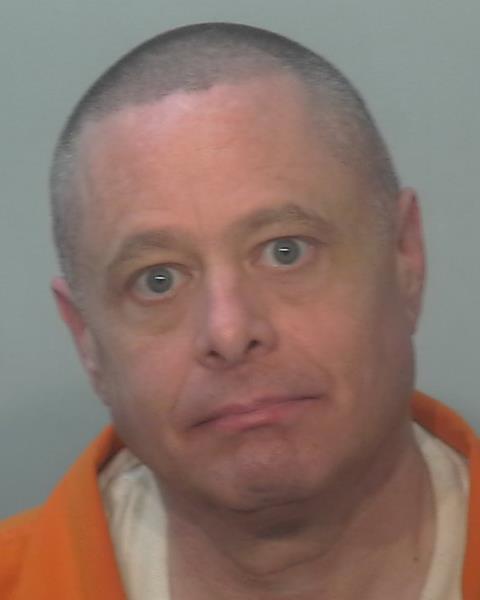Delphi suspect says he had a sex addiction and planned to rape victims before the murders, jail confessions reveal
Richard Allen, 52, is on trial for the 2017 murders of Abby Williams and Libby German
Delphi murders suspect Richard Allen confessed to his psychologist that he had a sex addiction and planned to rape the two teenage girls before he ended up killing them, an Indiana court heard Wednesday.
Allen, 52, is on trial for the murders of Abigail “Abby” Williams and Liberty “Libby” German, who went missing on February 13, 2017, and were found dead the next day near the Monon High Bridge trail where they had been walking. Allen was arrested in 2022 after a misfiled report revealed he had previously told police that he was on the trail the day the girls went missing.
In a Carroll County courtroom this week, a jury watched video footage of Allen’s police interviews and heard testimony on the suspect’s vehemently disputed confessions about the murders, Fox 59 reported. The trial is closed to TV cameras and photographs and video are not being shown outside court.
Dr. Monica Wala, who was Allen’s psychologist while he was at the Westville Correctional Facility, testified Wednesday that Allen confessed during one of his sessions with her in 2023 that he killed Abby and Libby.
Allen saw Wala daily while on suicide watch at the facility and confessed to her multiple times, telling her that he “made sure they were dead because he didn’t want them to suffer.”
Allen, who claimed to be a sex addict and an alcoholic, according to Wala, told her that his intentions for the killings were “sexual in nature.” He went into detail about the murders, how he slashed the girls’ throats and placed branches over their bodies, she told the court.

Wala told the court that Allen also expressed his desire to apologize to the girls’ families.
But his emotions were erratic, she explained, telling the court that he often went off on tangents that coincided with strange behavior such as drinking from the toilet and eating his feces. When asked about his actions, Allen told Wala, “Because I’m insane.”
To Wala, Allen did not appear to be as suicidal, she testified, adding that he “could not kill himself because he was too much of a coward.”
Her testimony comes after jurors watched video footage from Allen’s police interrogations from October 2022 that ended in his arrest.
One interrogation began cordially but quickly turned heated after Allen insisted to investigators that he “did not murder two little girls” and ended with Allen and an Indiana State Police investigator, Jerry Holeman, swearing at each other as Allen told them to just arrest him.
The warden of the Westville Correctional Facility and several correctional officers took the witness stand and told jurors about how Allen confessed to killing the girls while in prison.
Allen had told them at one point that he killed the girls with a box cutter and disposed of it in a CVS dumpster, they testified, while guards told the jury about the bizarre behavior Allen displayed while in custody.

Allen is charged with two counts of murder as well as two additional counts of murder while committing or attempting to commit kidnapping.
Prosecutors say Allen is the man known as “Bridge guy” seen in footage captured on Libby’s cellphone. A grainy image of the man was one of the few pieces released to the public after the killings as police hunted for a suspect. The case became a favorite among the true crime community and it took years to arrest Allen.
Investigators seized a .40-caliber pistol during a search of Allen’s home and prosecutors disclosed in court documents released several weeks after his arrest that testing determined that an unspent bullet found between the girls’ bodies “had been cycled through” the pistol.
However, Dr Roland Kohr, the pathologist who conducted the autopsies, testified last week that both girls died of deep lacerations to their necks. There were no signs of sexual assault injury.
A jury of seven women and five men will decide Allen’s fate. They’re being sequestered for what could be a month-long trial, banned from watching the news and allowed only limited use of their phones to call relatives while monitored.
